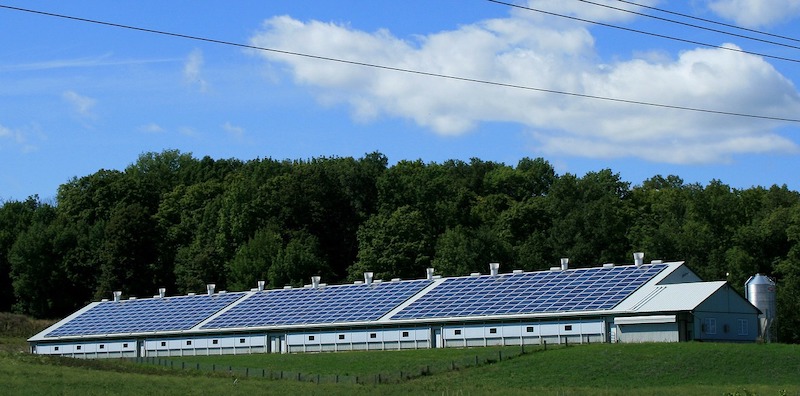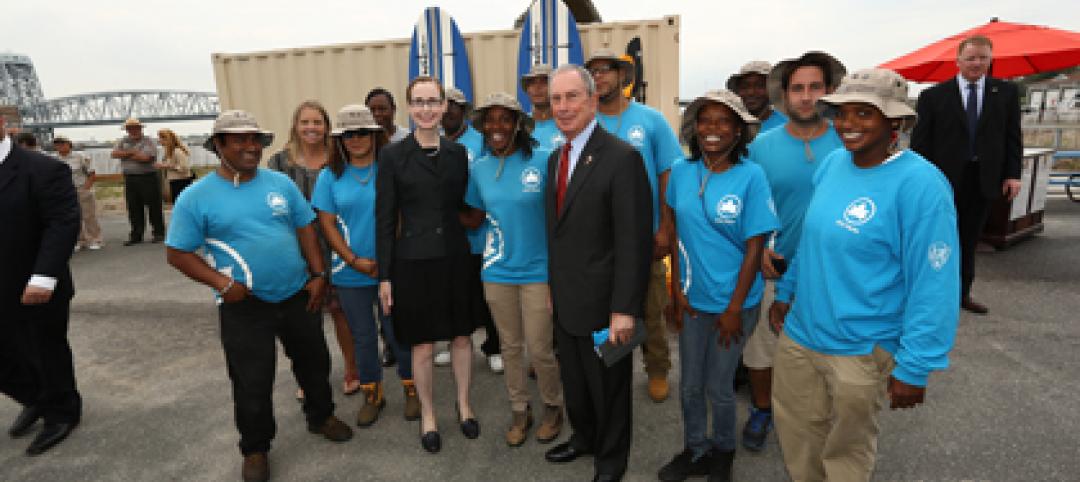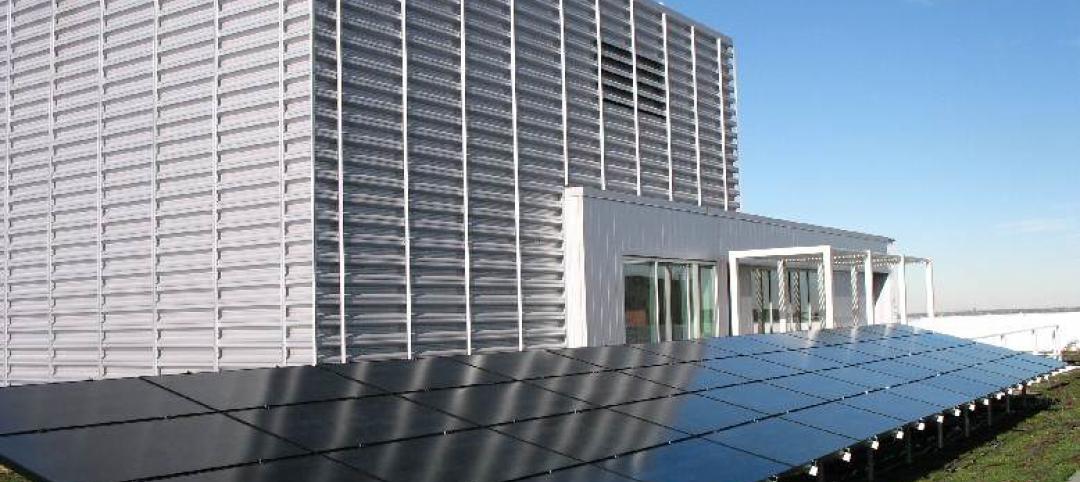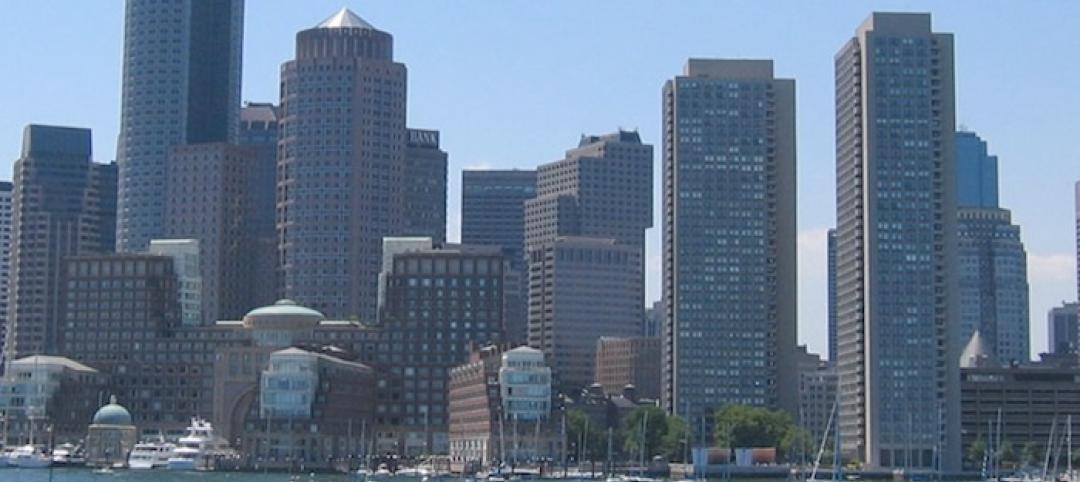U.S. Green Building Council and Green Business Certification Inc. have bolstered their programs and resources to drive resilience-enhancing strategies to help businesses and governments mitigate climate risks.
“Resilient design, construction, and operations verified through green building and infrastructure certifications can help reduce risk and vulnerability,” said Mahesh Ramanujam, president and CEO of USGBC and GBCI. “USGBC and GBCI’s resources serve as a roadmap for resilience that has the ability to save companies money and improve the standard of living for all.”
USGBC is working with Coastal Risk Consulting to deliver a RiskFootprint for buildings, communities, and cities that provides a climate risk analysis. The service will integrate with LEED, Arc, and GBCI rating systems to help assess a project’s vulnerability.
USGBC offers courses from experts working on resilience. GBCI is developing a new RELi professional credential expected to be ready in 2021.
Over the last two years, reportedly more than 16 million people globally, including an estimated 1.2 million Americans, were displaced because of climate events.
Related Stories
| Aug 19, 2013
HUD, New York City collaborate on research center to boost storm resilience
The U.S. Housing and Urban Development Department and New York City will collaborate on a project to create a new research institute and a city-federal park at Jamaica Bay, Queens.
| Aug 16, 2013
Dept. of Homeland Security offers tool to analyze building risk and resilience
The Integrated Rapid Visual Screening tool is designed to determine initial or relative risk and resilience for buildings based on visual inspection only.
| Aug 8, 2013
AAMA releases specification for non-residential fenestration BIM
The American Architectural Manufacturers Association (AAMA) released AAMA 912-13, Voluntary Specification for Non-Residential Fenestration Building Information Modeling (BIM).
| Aug 8, 2013
New green property index could boost REIT investment in more sustainable properties
A project by the National Association of Real Estate Investment Trusts (NAREIT), the FTSE Group, and the U.S. Green Building Council to jointly develop a Green Property Index could help REITs attract some of the growing pool of socially responsible investment money slated for green investments.
| Aug 8, 2013
Boston reaching for solutions to threat of rising sea levels on waterfront development
While Boston officials consider whether to enact new building codes to resist flooding stemming from climate change-induced rising sea levels, developers are already boosting resiliency on new projects.
| Aug 8, 2013
EPA’s National Stormwater Calculator aids developers
The Environmental Protection Agency has released an application called the National Stormwater Calculator that uses soil conditions and rainfall records to estimate annual rainfall and runoff for any location in the U.S.
| Aug 8, 2013
Bipartisan bill would strengthen model building codes to boost energy efficiency
The Energy Savings and Industrial Competitiveness Act, a bipartisan U.S. Senate bill, would strengthen model building codes to make new homes and commercial buildings more energy efficient.
| Aug 2, 2013
Design of world’s tallest wood skyscraper would be more sustainable than steel alternative
Architecture firm C. F. Møller has proposed building the tallest wooden building in the world in Stockholm, Sweden.
| Aug 2, 2013
Texas law expected to help reduce construction payroll fraud
Texas lawmakers want to get tough on construction companies that commit a certain form of payroll fraud, passing a new law recently signed by Gov. Rick Perry.
| Aug 2, 2013
Surveys show parking space requirements far in excess of what is necessary
Officials in the Northwest’s large metropolitan areas have sent survey takers out at night through apartment and condominium lots and garages, recording empty and full spaces, and comparing their tallies with the number of apartments.

















